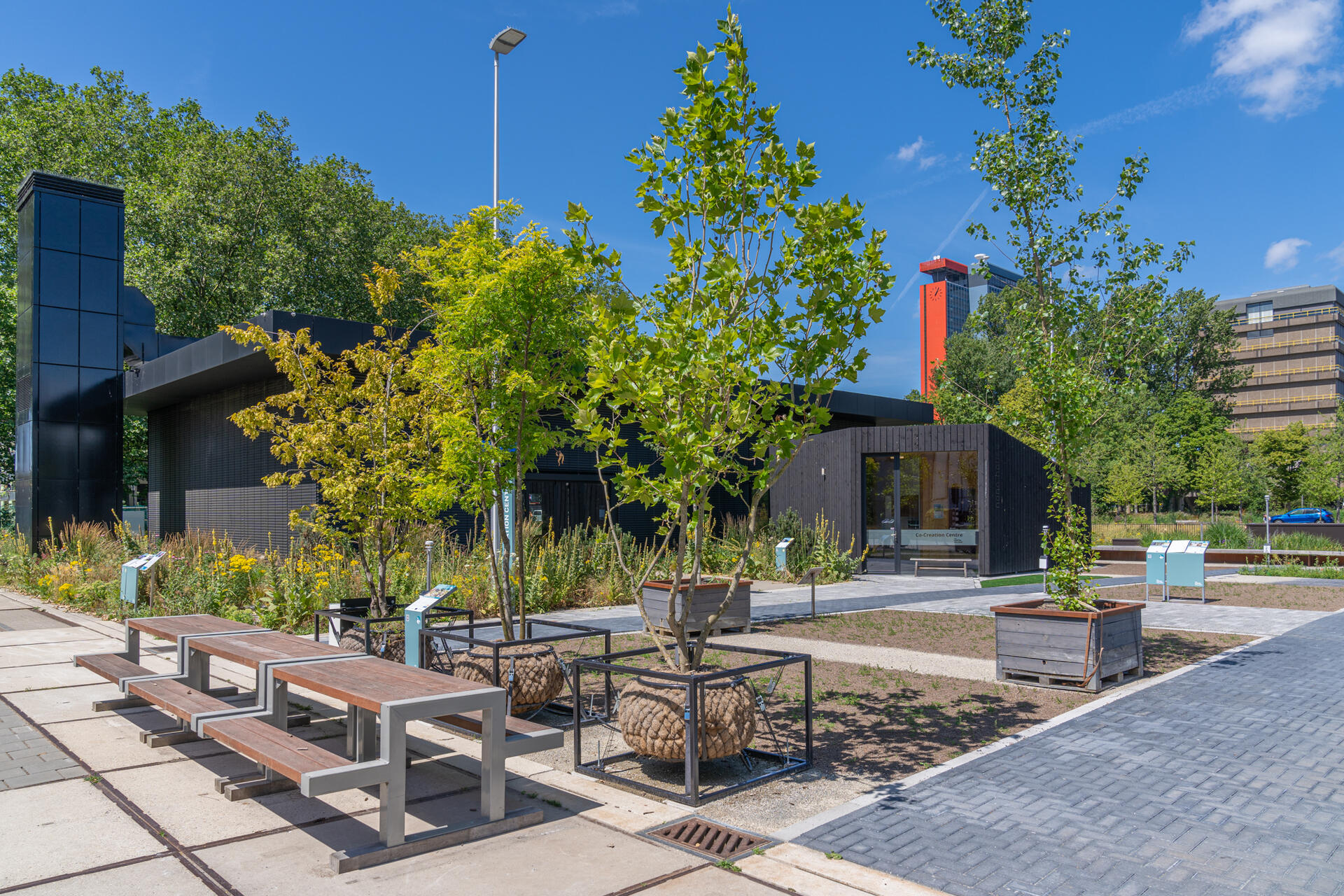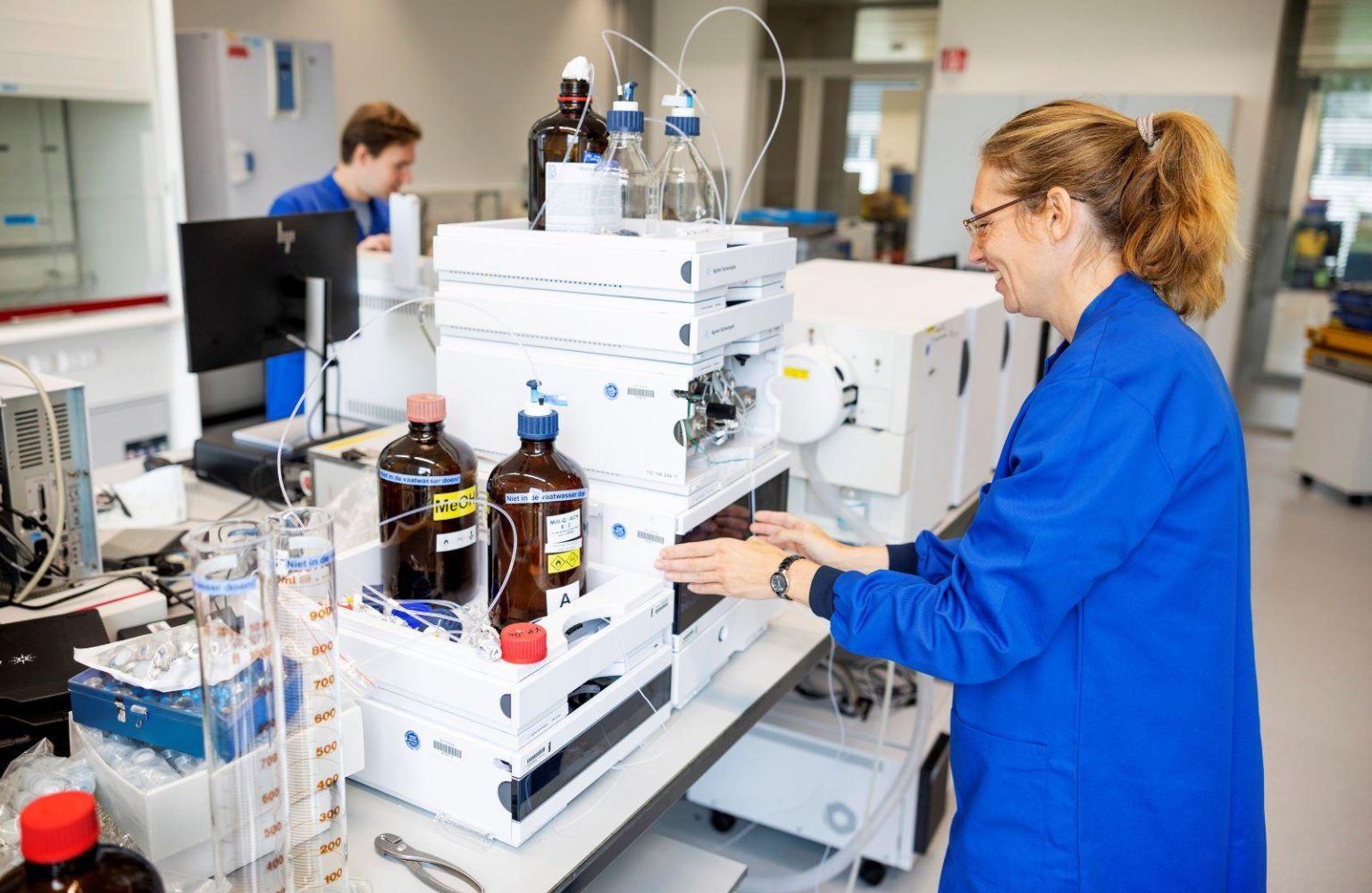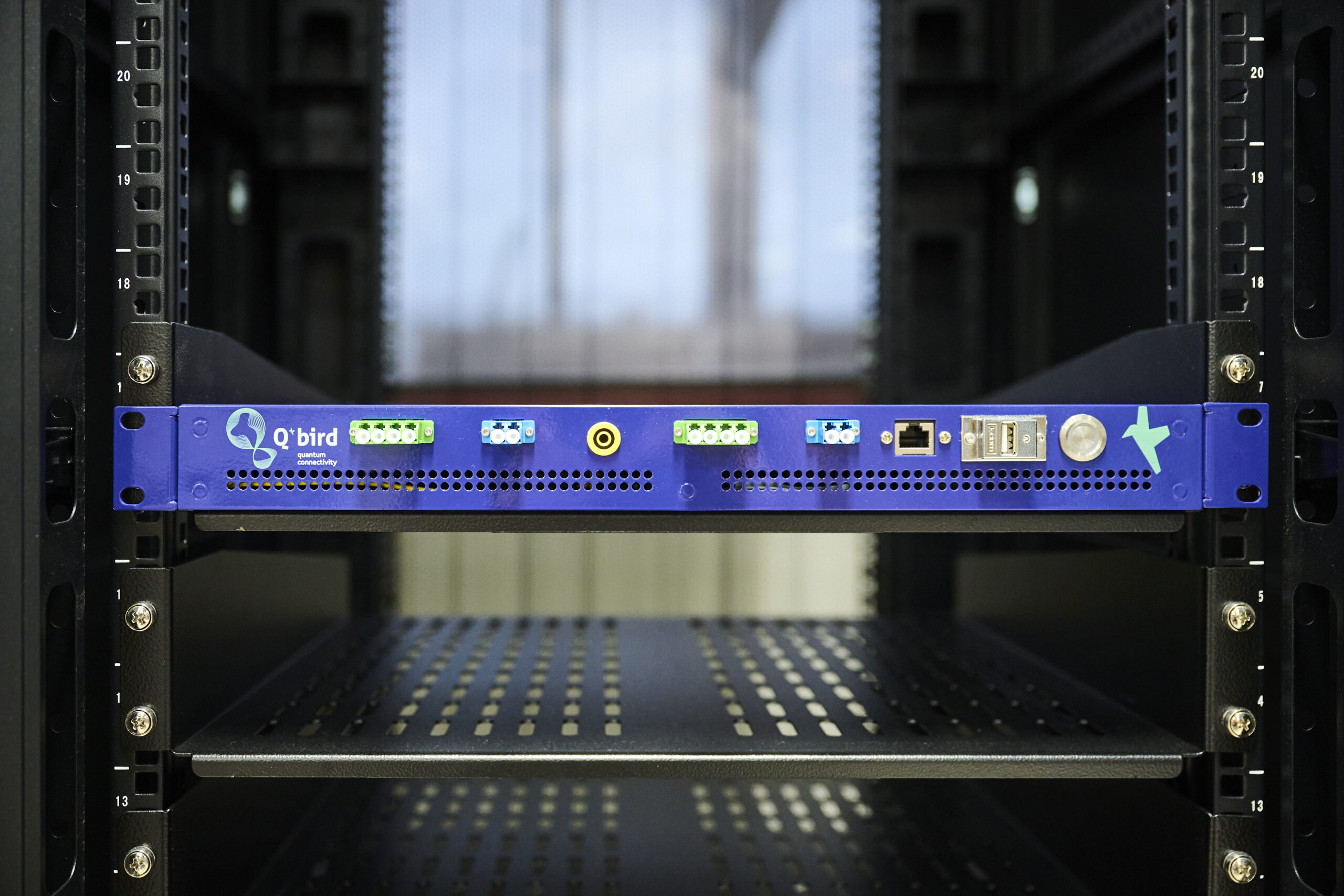
BIOND Solutions (Bi/ond), a spin-off of Delft University of Technology, has developed a microchip that can nourish, stimulate and monitor tissues and cells. The company has just secured €250,000 of growth capital from early-stage investment fund UNIIQ. Bi/ond will use part of the investment to expand its already strong team with engineers to work on scaling up the highly promising technology. It will also invest in research and development and intellectual property activities. The investment was announced digitally by Bas Vollebregt, member of Delft city council.
Going beyond
Humans are all different in unique ways, but modern medical treatments ignore genetic variations among individuals. People of different ethnicities, genders and ages have to take drugs that were developed based on genetic criteria entirely different from their own.
Moreover, current research methodologies for developing cures for diseases compel biologists to choose between two options: tests conducted on animals or in vitro studies involving cells cultivated in labware such as petri dishes. Both of these approaches do not sufficiently address human diversity. They fail to adequately predict what will happen in people because the environment created for the cells does not sufficiently resemble conditions in the human body. Bi/ond has devised a tool to overcome this problem.
The power of microelectronics
Founded in 2017, Bi/ond has developed a computer chip and platform where biologists can place an individual’s cells. The microchip nourishes, stimulates and monitors the cells as though they were in the body. Bi/ond’s patented organ-on-chip technology allows treatment to be optimised for different applications, including heart, lung, brain and cancer tissues. These dynamic functionalities allow researchers to find the right medicine for a specific individual, paving the way for personalised medicine. The product’s uniqueness derives from the power of microelectronics.
Bi/ond’s relatively cheap and highly customisable technology can be used to conduct ground-breaking research by growing 3D cell cultures in an environment that mimics the human body. Organ-on-chip is a very promising methodology that is expected to lead to improved success in drug development, lower costs and less animal testing.

Step forward
Two of Bi/ond’s co-founders, CSO William Fausto Quiros Solano and CTO Nikolas Gaio, possess in-depth knowledge of microelectronics and experience with biological solutions. Their insights led to the technological breakthrough. “With our product, we aim to bridge the gap between biology and engineering”, Nikolas Gaio explains. “To build that bridge, we currently have a diverse, interdisciplinary team of six members.” Bi/ond will use part of the €250,000 investment to expand its team with engineers who will work on scaling up the product.
The company’s third co-founder, CEO Cinzia Silvestri, is delighted with UNIIQ’s confidence in Bi/ond’s team and technology: “Thanks to the investment, we can strengthen product development, further invest in our IP portfolio and broaden our customer base. Prestigious hospitals and universities in Europe are already using our product for various purposes, including assessing chemotherapies and studying rare diseases. We want to provide a reliable tool for biologists to develop personalised, inclusive drug testing. This investment is a step towards achieving that goal.”
Hans Dreijklufft, fund manager at UNIIQ: “By developing personalised medicine and reducing animal testing, organ-on-chip technology has the potential to significantly impact human health and animal well-being. We are therefore very happy to invest in Bi/ond. The company’s strong, diverse team is active in many national and European consortia and able to connect with big players in the medical and research world. UNIIQ is pleased to finance this spin-off of Delft University of Technology to help it grow and develop its advanced chip and plate application.”



